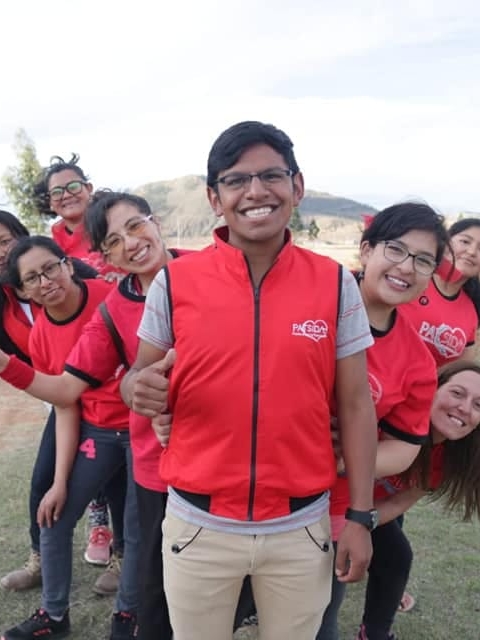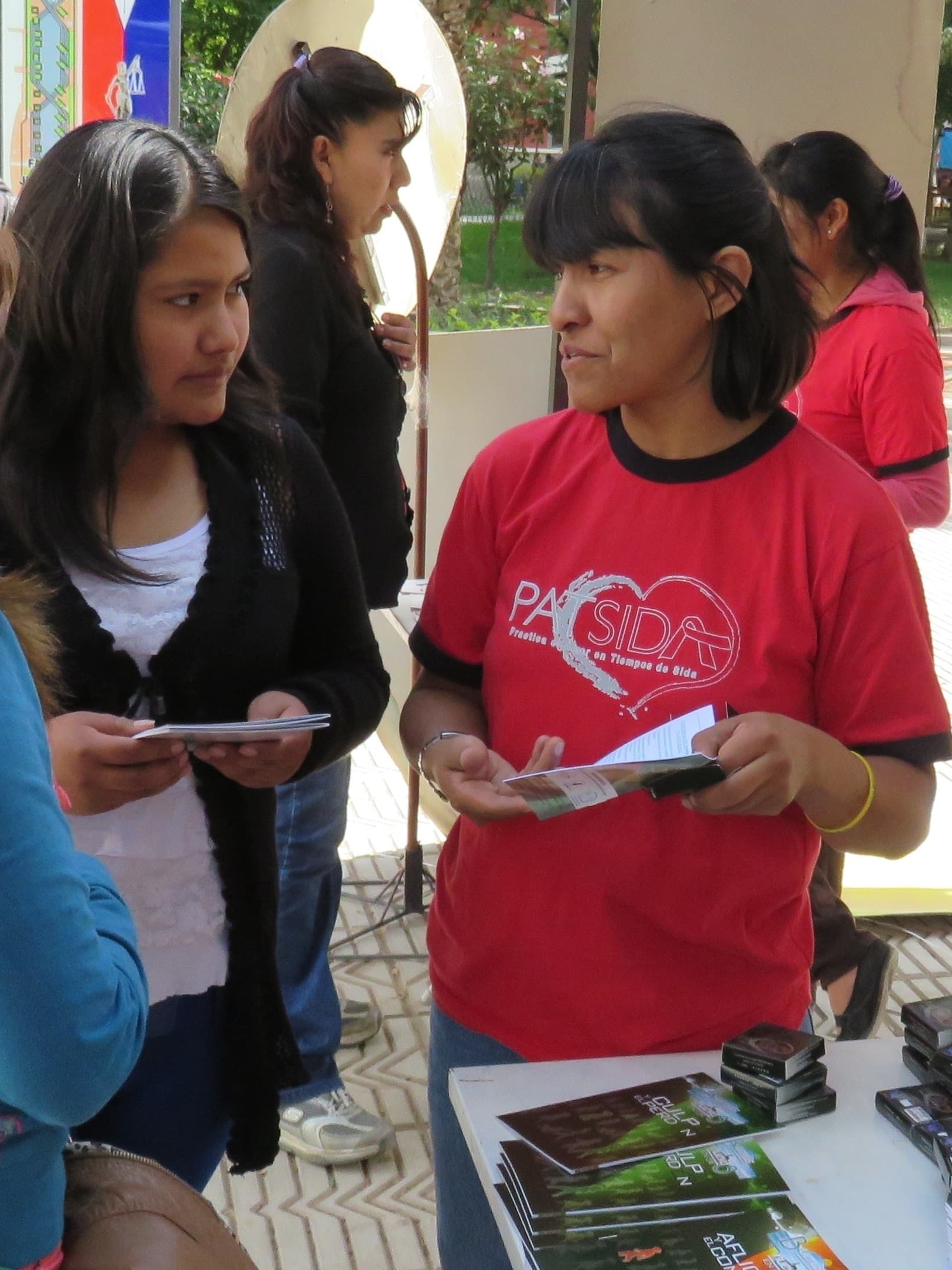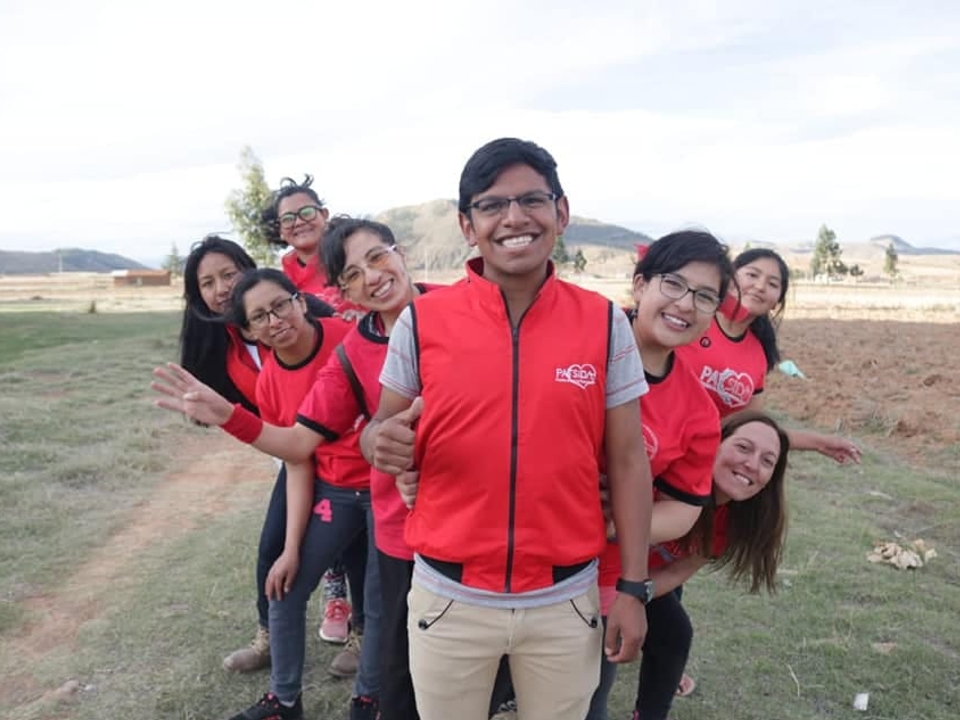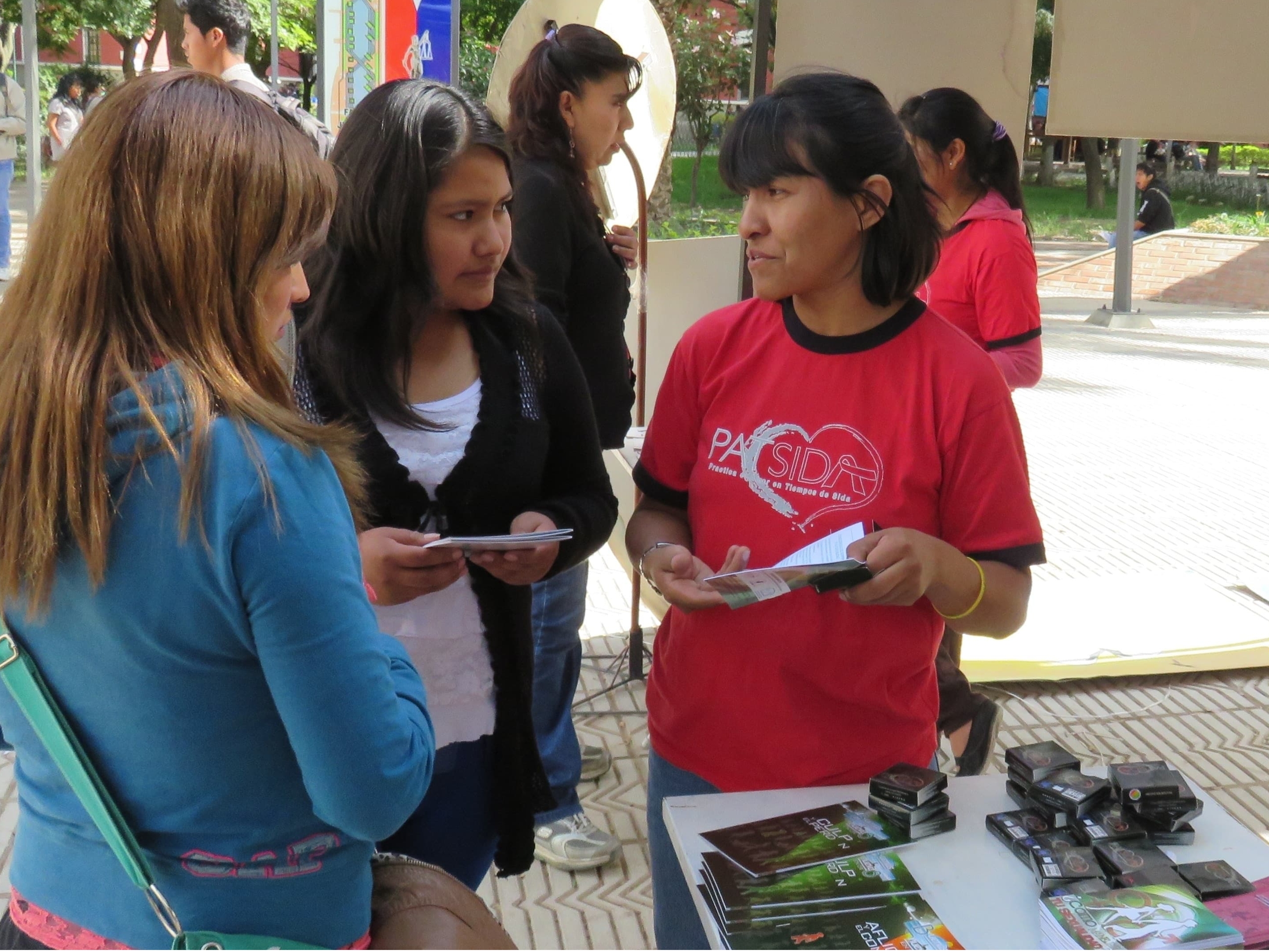Patsida
¿Qué es?
Patsida es un programa de prevención en VIH/Sida. Promociona el buen manejo de la sexualidad. Brinda capacitaciones sobre asuntos de salud sexual a congregaciones, escuelas, instituciones de educación superior y la comunidad en general.
Orgígenes
PATSIDA inició sus actividades en junio del 2007, en tres ciudades de Bolivia (Cochabamba, Sucre y Potosí), con la temática del VIH/sida. Posteriormente se profundizó el tema de la buena administración de la sexualidad. A la fecha, el programa se ha extendido a 7 ciudades del país: Cochabamba, Sucre, Potosí, Santa Cruz, La Paz, Oruro y Tarija; además de las ciudades de Jujuy y Salta de la Argentina. A partir del año 2016 el proyecto incluye de manera más profunda temáticas alrededor de, “Relaciones saludables entre hombres y mujeres”. Esto porque la violencia contra la mujer y la violencia intrafamiliar en el país y el mundo, cada vez es mayor. Se han desarrollado materiales de impacto, estrategias de empoderamiento y experiencias que han permitido, con la participación de la iglesia local, llevar una propuesta de prevención basada en valores y principios bíblicos.
What is it?
Patsida is an HIV/AIDS prevention program. It promotes proper management of sexuality. It provides training on sexual health issues to congregations, schools, higher education institutions, and the community at large.
Origins
PATSIDA began its activities in June 2007, in three Bolivian cities (Cochabamba, Sucre, and Potosí), focusing on the topic of HIV/AIDS. Subsequently, the subject of proper sexuality management was expanded upon. To date, the program has extended to 7 cities in the country: Cochabamba, Sucre, Potosí, Santa Cruz, La Paz, Oruro, and Tarija; as well as the cities of Jujuy and Salta in Argentina.
Since 2016, the project has more deeply incorporated themes surrounding "Healthy relationships between men and women". This is due to the increasing levels of violence against women and domestic violence in the country and the world. Impactful materials have been developed, along with empowerment strategies and experiences that have allowed, with the participation of the local church, to present a prevention proposal based on values and biblical principles.
Through the manual "I Want to Talk About Sex," promote information to communities such as Churches, Camps, Schools, and other institutions. Covering topics on HIV/AIDS, Sexuality, and how to practice it safely. In addition to the new proposal on "Building Healthy Relationships."
How?
By applying the manual "I Want to Talk About Sex," which contains 6 lessons:
HIV/AIDS and I
I want to talk about that (sexuality)
Garbage in, garbage out (pornography)
Not more, nor less (self-esteem)
Myths about sex and sexuality
Does this put me at risk?
Implementation of the new proposal "Building Healthy Relationships" that contains 4 lessons:
What is love?
Relational and communicational paradigms
Relationships that harm
Healthy relationships
The training is carried out in different settings:
In Churches
In Camps
Schools
Other Institutions
How?
Through Change Agents, promote the importance of addressing the topics covered by the project within churches, schools, and other institutions, whether or not they are Evangelical Christians.
How?
The trained churches, through their representatives (Agents of Transformation), take charge of motivating, sensitizing, informing, and encouraging their environment (churches, schools, other institutions, and in the community in general) to take actions on the addressed topics.
Fairs are held
Information is provided in the streets (including "red zones"), squares, markets, etc.
Participation in solidarity marches, concerts
Street theater performances, films in strategic places of the cities, with a reflection on values about the topic
Choreographies that allow generating dialogue in the streets




